Gun control in the United States has been a thing for way too long. In its origins, though, it wasn’t about preventing crime. No, it was actually meant to do something quite different.
You see, early gun control efforts were about keeping firearms out of the hands of black people. The first laws were pretty explicit, but following the Civil War, the laws were more circumspect. They didn’t specify black men and women, but everyone knew how they’d be selectively enforced.
In a recent op-ed, a scholar pointed to this history and notes that the application of gun control today appears to be just as racist.
After numerous mass shootings, like the massacre in Uvalde, Texas, President Biden signed “The Bipartisan Safer Communities Act.” While this may seem, on the surface like a long-needed bipartisan step forward, we should critically analyze any legislation lauded as “bipartisan.” But first, it is important to note the racist history of gun control policy, which provides important context to analyzing this current bill.
As some have noted, gun control for some, particularly poor people and people of color has long existed. This is notable given that recent numbers reveal a 58% increase in gun sales to Black people since 2020.
What does this context have to do with the current legislation? In reading the text critically, parts of the bill call for increased power of policing and courts, which have long been racist and classist in ideology and practice. For example, the bill outlines how the federal government will provide states with grant money to encourage them to make juvenile records and mental health history as part of the review process for 18- to 21-year-olds who want to purchase a firearm. Black and Indigenous children have long been more likely to be labeled as “delinquent” than white children, and this continues today. According to the U.S. Sentencing Project, young Black children “are more than four times as likely to be detained or committed in juvenile facilities” as white children.
…
Another key part of the legislation that is ripe for racist enforcement is the $750 million to provide assistance to states in implementing red flag laws, mental health courts, drug courts, and “crisis intervention programs.” First, these so-called “problem-solving courts”, like drug and mental health courts, are ineffective in curbing drug use and mental health, but effective in expanding the overall power of the racist criminal legal system. Second, red flag laws enhance the courts’ ability to remove firearms from people “deemed a danger to themselves or others by the court.” As for effectiveness in suicide prevention, some research suggests these laws are actually not preventative. These laws also have high error rates.
But regardless of effectiveness and error rate, red flag laws operate like search and arrest warrants, where an officer presents evidence to a judge who signs (or refuses to sign) the warrant. The criminal legal system has a long history of equating “dangerousness” with being Black, thus one could hypothesize that this will have racially disparate outcomes.
Now, I’m not a huge fan of attributing every racial disparity as being the result of racism. If more black men, for example, break a given law, it doesn’t automatically mean the law itself is racist.
Yet what we’re talking about here is a constitutionally protected right. Any infringement is problematic even without the racial disparity.
Further, those who advocate for gun control often attribute such disparities elsewhere to racism. By their own rules, the fact that these regulations disproportionately impact black men means they’re racist.
And, to be fair, some of this actually is. People who equate “black” with being more dangerous are more likely to see a red flag order for a black gun owner than a white gun owner.
Let’s also not forget Philando Castile. A law-abiding black man cooperating with police was shot and killed because he was a gun owner.
Amir Locke was gunned down when he reached for a firearm during a no-knock raid. He didn’t know it was the police, but he was killed just the same.
Breonna Taylor, too, was killed during a no-knock raid. She was killed as her boyfriend returned fire against what looked to him to be home invaders.
No one is going to spend a minute in jail as a result of these murders. Not a single soul.
Frankly, it’s difficult not to see some element of race playing a factor here, and the answer some want to spout is to pass more gun control? Why? So more innocent black men and women can be killed?
If we’re going to live in a world where “anti-racism” is a buzzword, why not start with putting an end to gun control, a policy that has a racist history and arguably racist outcomes even today.
You know, if you’re actually serious about “anti-racism.”
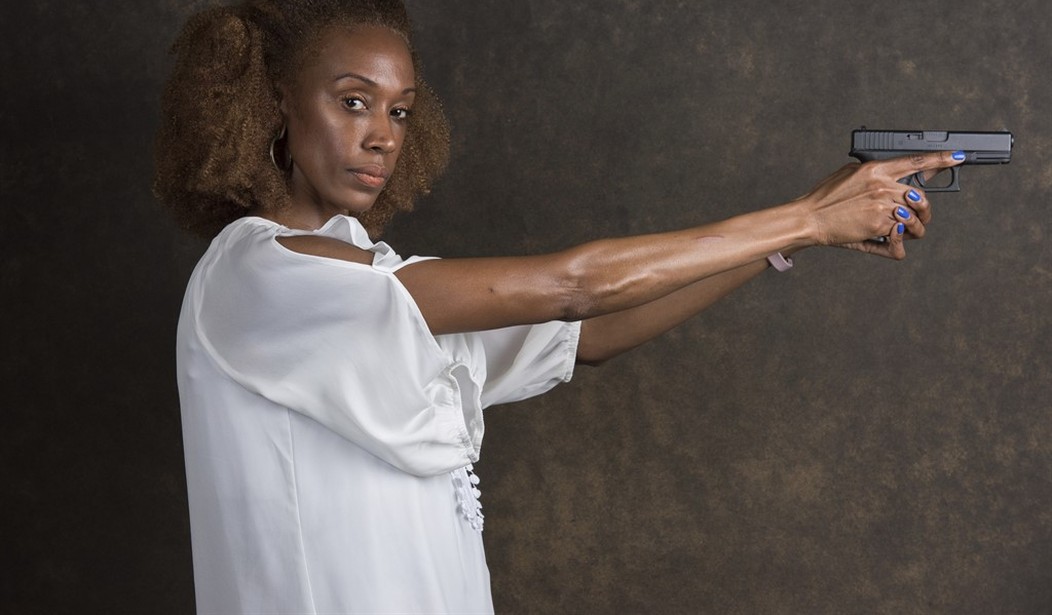
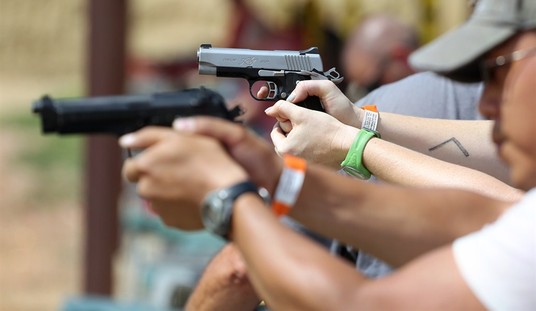
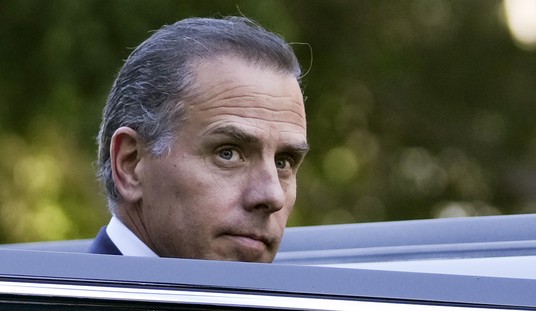

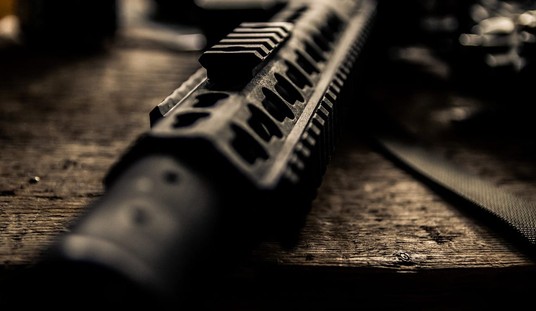



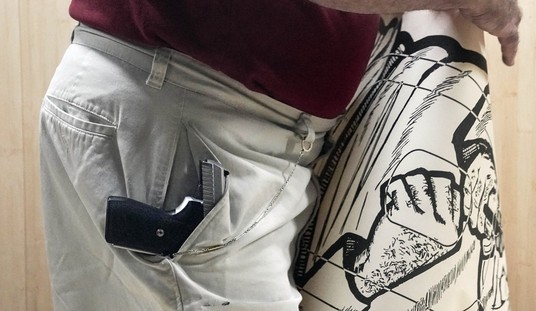
Join the conversation as a VIP Member